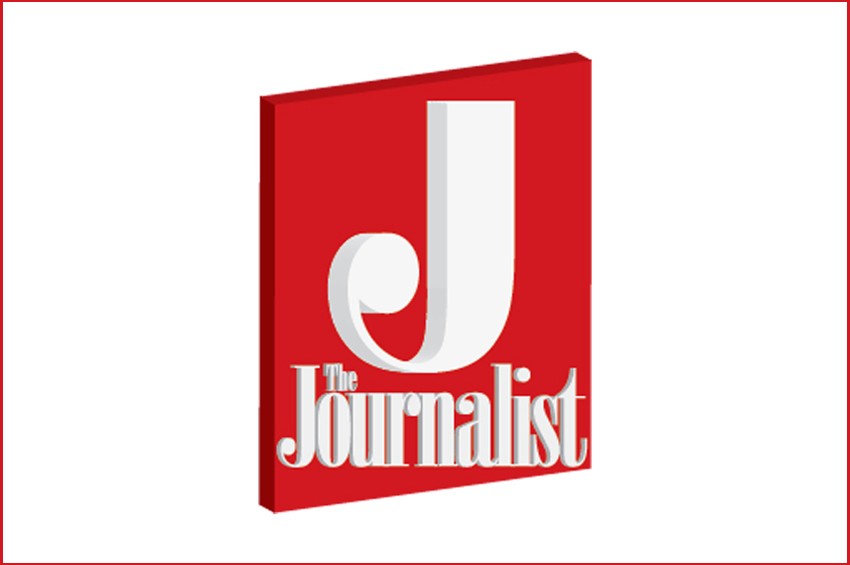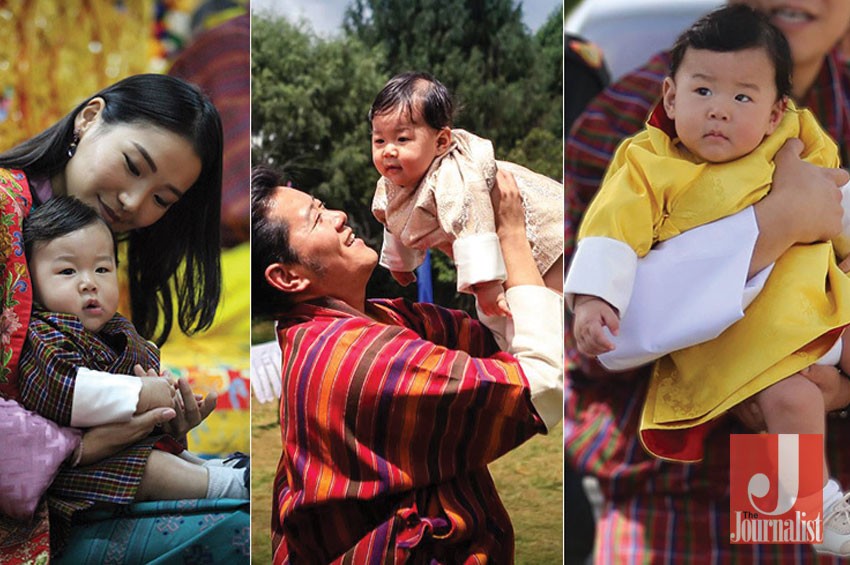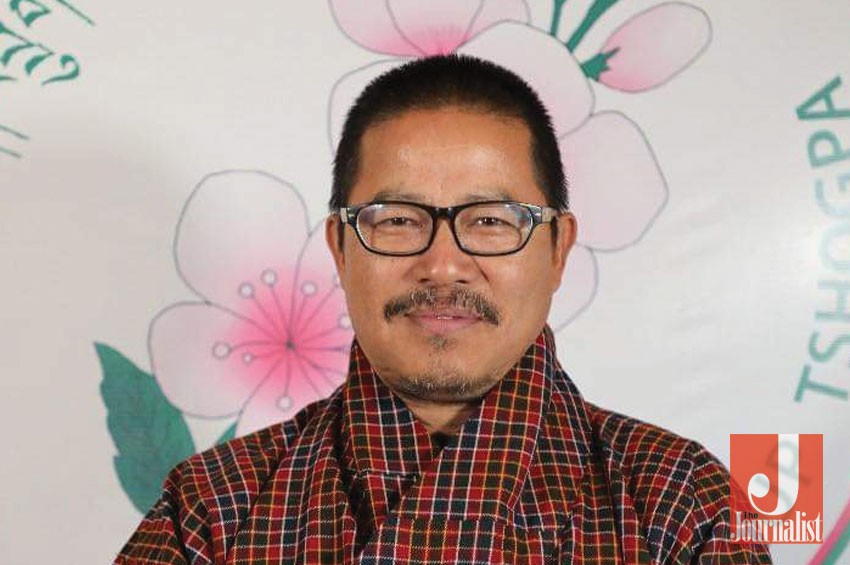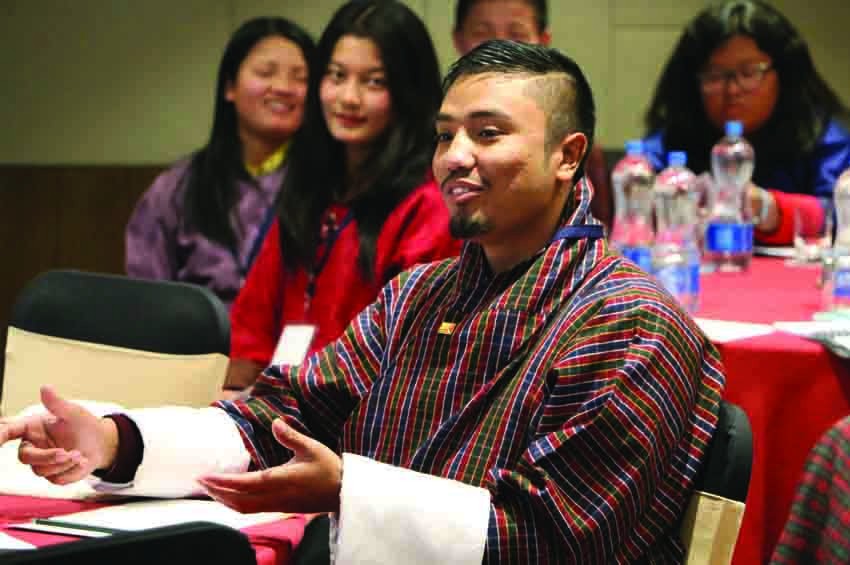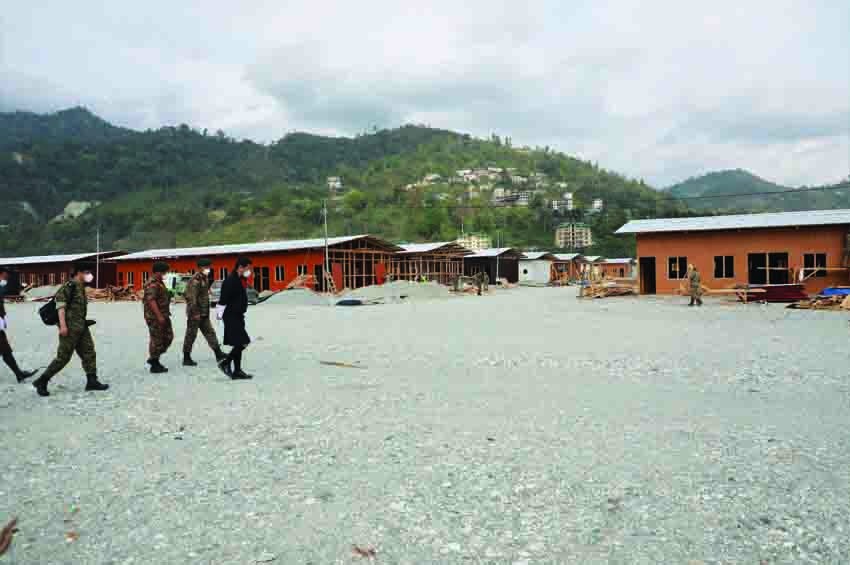The government’s decision to lift or not lift the ban on issuing new bar licenses has taken an urgent turn with the existing business practice coming into a direct conflict with the newly amended Penal Code of Bhutan. The Penal Code of Bhutan, amended last year, stipulates that business fronting – operating a business on somebody else’s license - is henceforth a criminal offence. This means that the clandestine but rampant practice of hiring out bar licenses, often on exorbitant fees, would now constitute a crime. Under Section 284 (g) of the Penal Code of Bhutan, the first violation of fronting amounts to a petty misdemeanour and the subsequent violation shall result in the cancellation of license. Bar licenses are being hired out on fees ranging anywhere between Nu 2,500 and Nu 7,000 a month across various locations in the country. Some entertainment outlets even pay more than Nu 10,000 monthly. The government has indicated that it would do away with the ban because the purpose for which it was introduced in the first place, in 2010, has not been served. The purpose, according to the Economic Affairs Minister, Loknath Sharma, was to reduce alcohol consumption in the country but so far there has been “no evidence of positive impact”. “As an increasing number of businesses started hiring the bar license of others, it was against a clause of Penal Code of Bhutan amended last year,” the minister said. The issuing of new bar licences was stopped because alcohol was seen as a major cause of ill-health, social disruptions and economic disadvantages to the nation. To begin revoking the ban, the economic affairs ministry presented a paper to the cabinet which after a thorough analysis was to be submitted to the parliament. After back and forth revisions, the attempt to lift the ban in May earlier this year was stalled after it was decided that there is a need to first come up with a clear-cut revised alcohol policy. A new committee, National Committee for Alcohol Reduction along with a technical committee is revising the whole alcohol policy and strategies, according to the health secretary, Dr. Pandup Tshering. “The team is just starting to work on the revised alcohol policy,” he said. The government will instead, initiate campaigns against alcohol consumption. This includes strict enforcement of pre-existing policies—pertaining to the sale of alcohol to minors, hours of operation, vendors, and the promotion of alcohol products. According to the Ministry of Economic Affairs, during the course of the ban, rather than reduce alcohol consumption, an increasing number of Bhutanese started consuming alcohol. The annual health bulletin 2020 showed that alcohol usage in Bhutan still remained high with two out of five Bhutanese consuming alcohol. The per capita (adult) alcohol consumption among Bhutanese was 8.47 litres while the global consumption was 6.2 litres. Meanwhile, the Ministry of Economic Affairs has so far issued 195 liquor wholesaler licenses, 600 retail liquor shop licenses, and 4,500 bar licenses. This means that there is 1 alcohol outlet for every 98 Bhutanese above 15 years of age. Approximately 7 percent of road traffic accidents in Bhutan were attributed to drink driving, while 70 per cent of perpetrators of domestic violence were committed under the influence of alcohol.
Copyright © 2024 The Journalist. All Rights Reserved.


